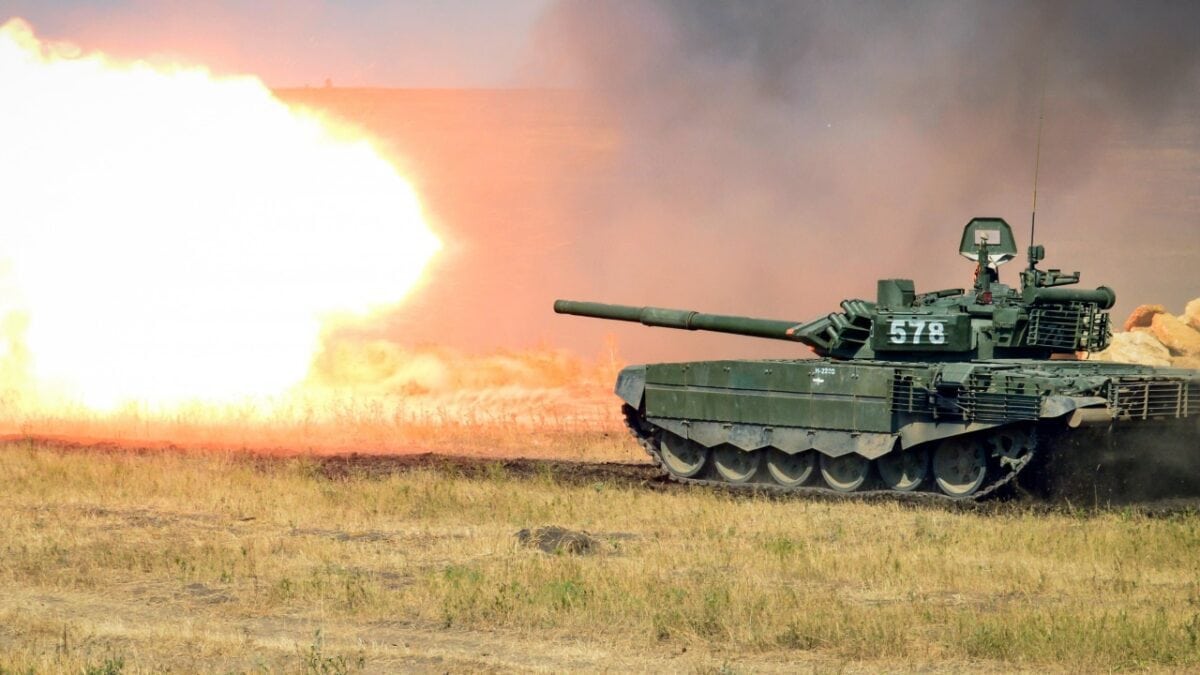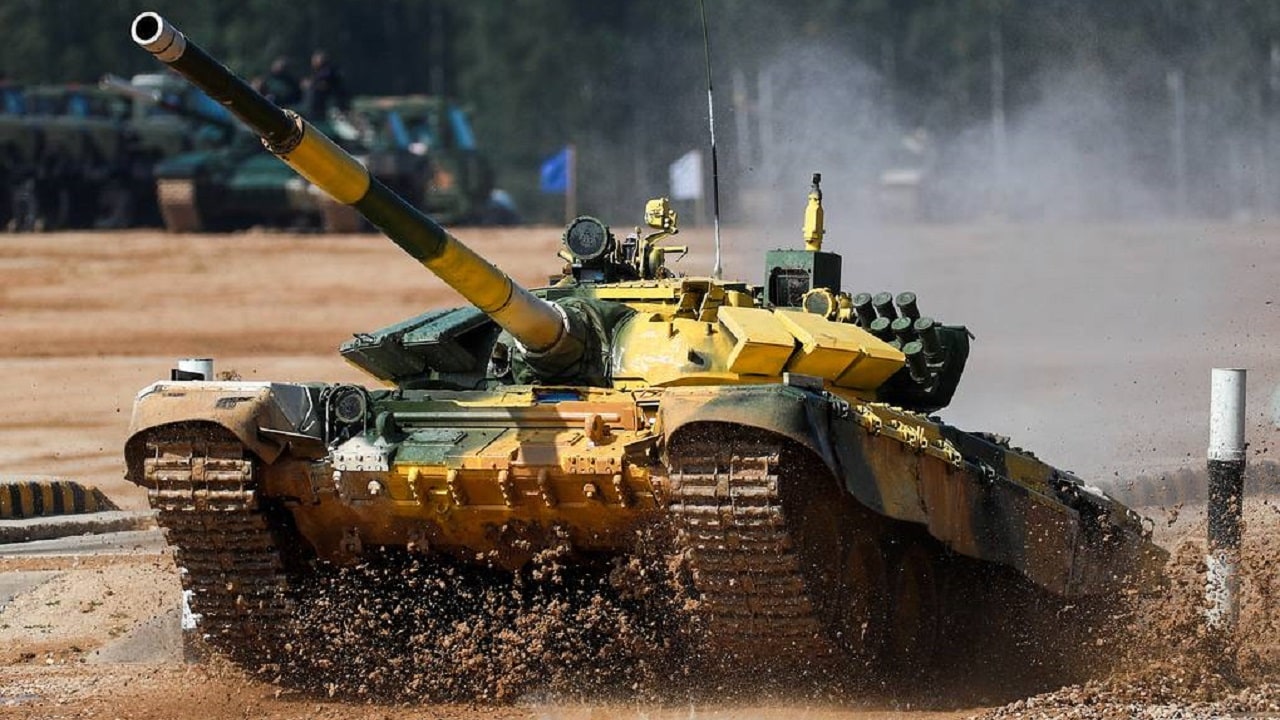It has been six months since the Russian military crossed the border into Ukraine in force. On day 180 day of the Russian invasion of Ukraine, the Russian forces seems no closer to victory and continued to suffer high casualty numbers.
The Russian Casualties in Ukriane
The Russian military continues to suffer heavy casualties in Ukraine and remains unable to regenerate forces in a sufficiently efficient number to sustain offensive operations throughout the battlefield.
The Ukrainian Ministry of Defense claimed that as of Monday, Ukrainian forces have killed approximately 45,400 Russian troops (and wounded approximately thrice that number), destroyed 234 fighter, attack, and transport jets, 198 attack and transport helicopters, 1,919 tanks, 1,032 artillery pieces, 4,230 armored personnel carriers and infantry fighting vehicles, 266 Multiple Launch Rocket Systems (MLRS), 15 boats and cutters, 3,149 vehicles and fuel tanks, 145 anti-aircraft batteries, 815 tactical unmanned aerial systems, 99 special equipment platforms, such as bridging vehicles, and four mobile Iskander ballistic missile systems, and 194 cruise missiles shot down by the Ukrainian air defenses.
Divisions Within the Russian War Effort
The repeated failures of the Russian military has sowed division within the ranks of the Russian campaign.
“On 15 August 22, Ukrainian social media channels circulated a video which reportedly showed elements from a military unit of the self-proclaimed Luhansk People’s Republic (LPR) delivering a declaration outlining their refusal to be deployed as part of offensive operations in Donetsk Oblast,” the British Military Intelligence assessed in its daily estimate of the war.
The Russian military is only one part of the war effort, with private military companies, law enforcement agencies, and pro-Russian separatist fighters all playing a part too. Moscow depends on the cooperation and efficient function of all elements to conduct offensive operations or indeed manage the captured Ukrainian territory.
“The fighters claimed they had fulfilled their duty in securing the LPR’s control over all of Luhansk Oblast, which was secured in July 2022, and were unwilling to fight in Donetsk Oblast despite threats and intimidation by senior commanders,” the British Ministry of Defense stated.
“Russia is likely increasingly struggling to motivate the auxiliary forces it is using to augment its regular troops in the Donbas. Commanders are probably resorting to direct financial incentives, while some combat units are deemed unreliable for offensive operations,” the British Ministry of Defense added.

T-72 tank firing. Image Credit: Creative Commons.
“A consistent contributing factor to these problems is Russia’s classification of the war as a ‘special military operation’ which limits the state’s powers of legal coercion,” the British Military Intelligence assessed.
Russian Strikes in Ukraine
Meanwhile, the Russian military continues to target Ukrainian urban centers with indiscriminate long-range strikes. Last week, Russian missiles rocked Kharkiv, Ukraine’s second-largest city and one of the primary objectives of the Russian military, and killed at least 12 civilians and wound several others.
Although Kharkiv enjoys relative safety from Russian ground efforts, it still remains within range of Russian artillery, making it a prime target for the Russian military.
“Sitting around 15 km from the Russian front line, Kharkiv has suffered because it remains within range of most types of Russian artillery. Multiple rocket launchers and generally inaccurate area weapons have caused devastation across large parts of the city,” the British Military Intelligence assessed.
1945’s New Defense and National Security Columnist, Stavros Atlamazoglou is a seasoned defense journalist specializing in special operations, a Hellenic Army veteran (national service with the 575th Marine Battalion and Army HQ), and a Johns Hopkins University graduate. His work has been featured in Business Insider, Sandboxx, and SOFREP.

